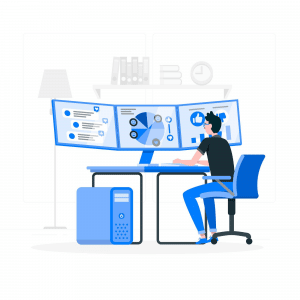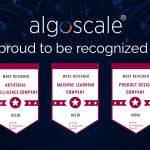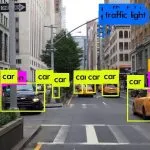It’s already May. And as one does mid-yearly check-ins and naturally has some expectations for the coming months. The same goes for technologies as well. Decision-makers and leaders may make their work genuinely worthwhile by staying on top of data science developments and changing their models to meet current requirements. For businesses, big data is no longer a novel concept. It has become an important gear in the business wheel, particularly for organizations, which swear by the value of using data to gain insights. One thing to keep in mind is that as the necessity of learning how to work with data grows, so does the science behind it. Anaconda questioned survey participants about the impact they witnessed in the 2021 State of Data Science Survey. Due to the Covid-19 pandemic, 50 percent of respondents indicated their organization’s investment in data science remained the same or increased, while only 37 percent said it decreased.
While it’s one of those hazy concepts that researchers and learners hear a lot, it’s actually quite straightforward to define. Data science is the intersection of science and artificial intelligence. Deep learning, natural language processing, and computer vision are examples of technologies that have emerged as a result of the rise of data science as a field of research and practical application throughout the previous century. Let’s dive into what Data Science might look like with the next big thing(s) coming in and developing.

- AutoML
One of the most recent innovations advancing the democratization of data science is Automated Machine Learning or AutoML. AutoML is the technique of using automation to apply machine learning models to real-world problems. Data cleansing and preparation take up a significant portion of a data scientist’s time, and each of these procedures is tedious and time-consuming. These processes are automated thanks to AutoML, which entails constructing models, algorithms, and neural networks. Data scientists can use AutoML frameworks to aid in data visualization, model intelligibility, and model deployment. - TinyML
TinyML is a strategy for optimizing machine learning models for resource-constrained embedded systems. It is a sort of machine learning that compresses deep learning networks to fit on any hardware. TinyML is used extensively in the areas of pattern detection, audio analytics, and speech human-machine interfaces. Its adaptability, small form factor, and low cost make it one of the most interesting trends in data science since it can be used to build a variety of applications. It enables faster iteration cycles, higher feedback, and more experimentation in anything from construction automation to drug development and testing.


- Augmented Analytics
This is a data analytics concept that automates the analysis of large amounts of data using AI, machine learning, and Natural Language Processing technologies to offer real-time insights. It assists both professional and amateur data scientists by automating the preparation of data to generate and gather insights. Enterprises need less time to process data and generate insights from it. The outcome is also more precise, resulting in better selections. AI, ML, and NLP algorithms enable experts to examine data and provide in-depth reports and forecasts by assisting with data preparation, data processing, analytics, and visualization. Through augmented analytics, data from both inside and outside the company may be merged. - Cloud Computing
Artificial intelligence and machine learning are being used to automate cloud computing services for public and private clouds. This is changing the way businesses think about big data and cloud services by providing increased data protection, scalability, a centralized database and governance structure, and low-cost data ownership. The increased use of hybrid cloud services is one of the big data predictions for 2022. A hybrid cloud combines the benefits of both public and private cloud platforms and helps businesses optimize their resources and performance. The confluence of cloud, data science, and AI is more than a business; it’s a technological convergence point, a tiny singularity if you will.


- AI as a Service (AIaaS)
AIaaS refers to companies that provide out-of-the-box AI solutions that allow clients to quickly implement and scale AI approaches. This is a new trend in which cutting-edge models are offered as a service. With the advancement of data science, more B2B and AI-as-a-Service platforms and services will be available. This will eventually democratize artificial intelligence experience and capabilities, allowing even the smallest of businesses to benefit from lavish technologies. This technology’s future will be defined by well-defined and self-contained functions. Complex algorithms that provide specialized answers can be generated on-demand thanks to a rise in the number of domain expert AI models. Market leaders such as Google, Microsoft, and Amazon in the Cloud have tremendous potential to develop AI-as-a-Service at scale for clients in novel ways that are constantly evolving for industry news. This movement may also be seen in the NLP-as-a-Service companies and their progress. Mordor Intelligence in one of its reports states that the market for AIaaS is predicted to reach $43.298 billion by 2026, rising at an amazing CAGR of 48.9% between 2021 and 2026. For 2022 and beyond, AIaaS appears to be quite promising, and we are likely to see a number of organizations adopting AI with the help of this technology.
Why Data Science?
The exponential expansion of the internet and technological developments are pushing the flow of data at a rapid rate, forcing organizations to find new methods to translate the data inflow into business insights that help them make better, more informed decisions. Data science’s popularity and acceptance have grown over time as a result of its ability to help businesses of all sizes uncover patterns in data, allowing them to explore new markets, manage expenses, improve operational efficiency, and gain a competitive advantage. In general, it has aided the development of machine learning (ML) as a means of achieving artificial intelligence (AI), a field of technology that is fast changing the way we work and live. Businesses desire to use data-driven models to streamline their operations and make better decisions based on data analytics.


How Algoscale can help?
Data is the lifeline of today’s businesses, providing decision-makers with the information to develop effective strategies for boosting growth through innovation. Organizations that use data-driven decision-making are more likely to stay ahead of the competition than those that do not. Algoscale is a Data Science & Analytics consulting organization that offers start-ups and Fortune 100 corporations world-class AI solutions and product engineering services, with an emphasis on ISVs, media publishers, and retail service providers. Our efforts to create cutting-edge goods and solutions are fueled by modernization and a data-first mentality.
Also Read: What can you do with TinyML?












